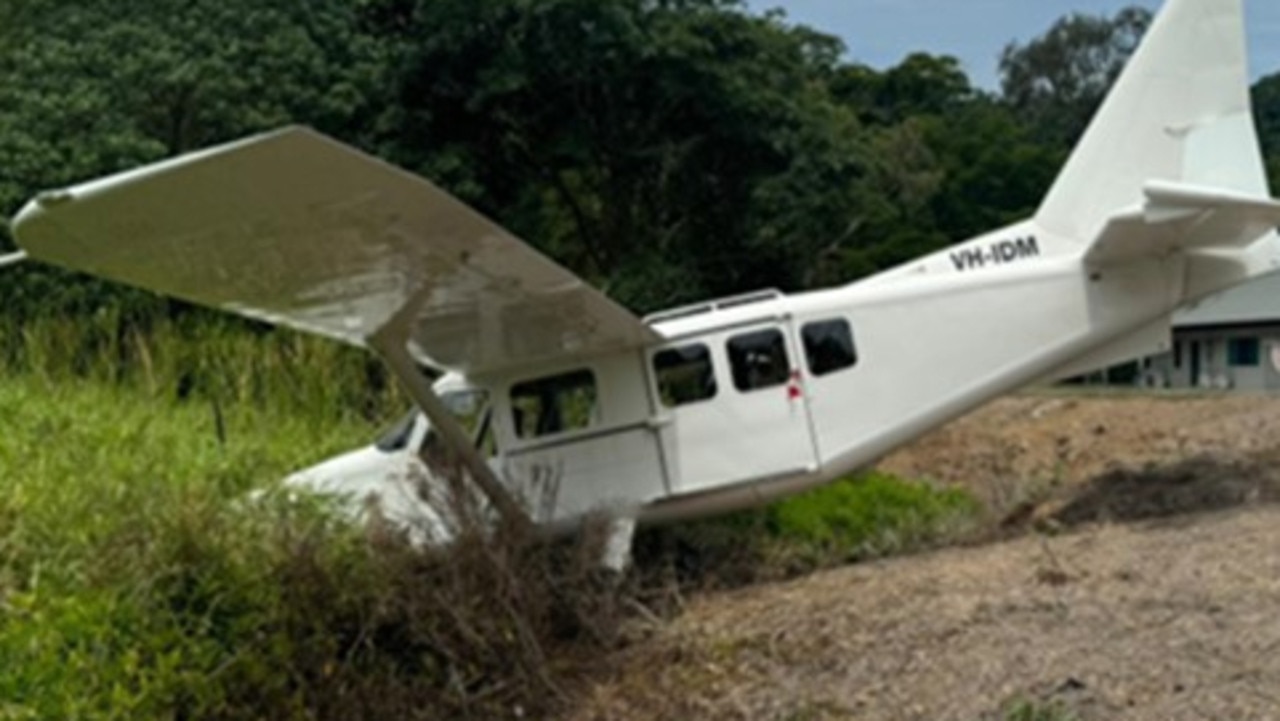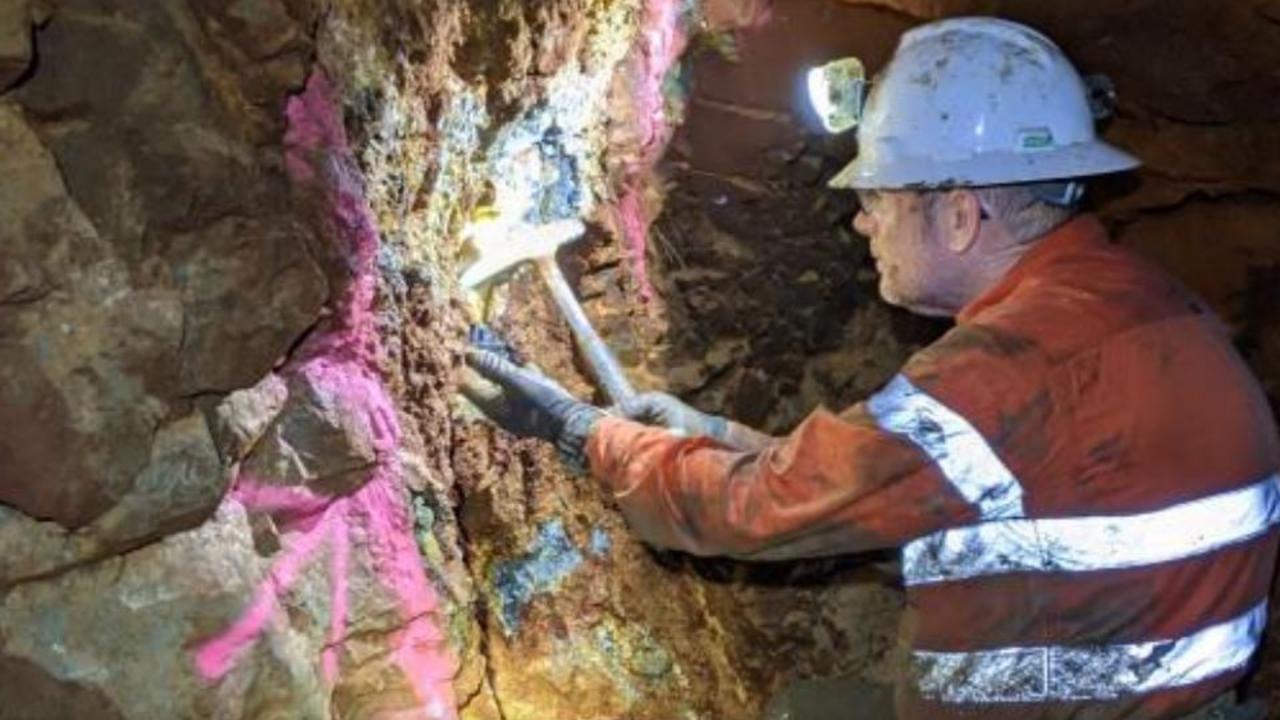How Mercurius is turning Mackay sugar into jet fuel, plastic products
All systems are ready to transform sugarcane into jet fuel and plastic beer bottles. Find out what it means for Mackay including jobs.
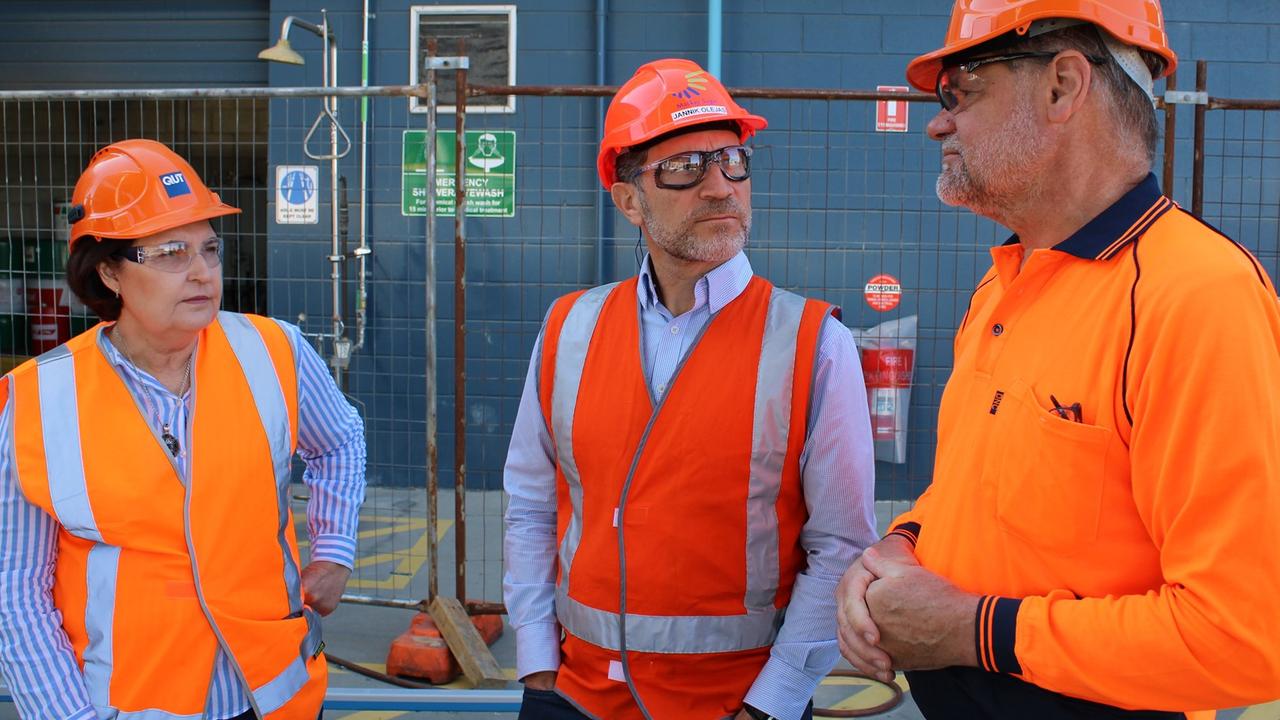
Business
Don't miss out on the headlines from Business. Followed categories will be added to My News.
Specialised equipment has been unloaded from Mackay docks and installed into a pilot plant ready to turn sugar into jet fuel and plastic beer bottles.
US-based company Mercurius has finalised testing of its pilot plant at the Mackay Racecourse that uses a patented REACH technology.
Through catalytic hydrolysis, it can turn biomass feedstocks — in this case sugar — into price-competitive and renewable “drop-in” fuels for jet and diesel engines that unlike biodiesel do not require further modification for retail use.
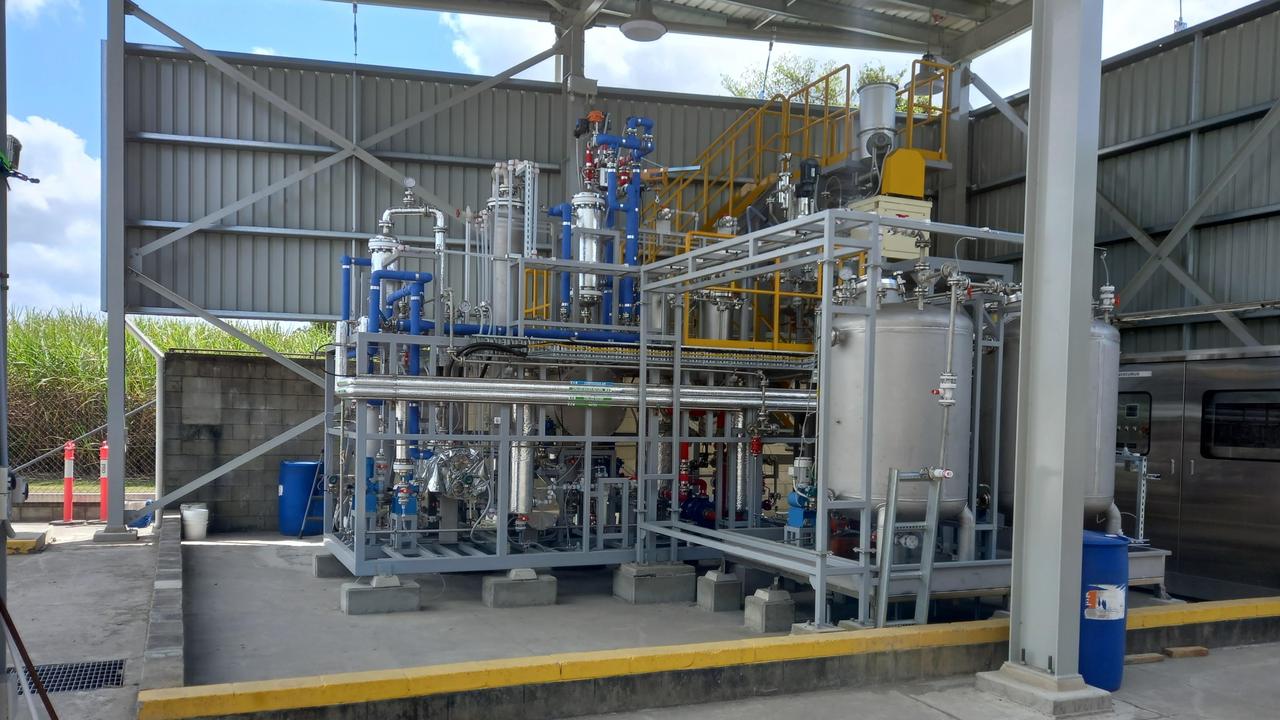
The plant can also change sugar into renewable chemicals for bio-based industrial plastics such as bottles, textiles, food packaging, electronic materials and automotive applications.
GW3 CEO Kylie Porter said if the technology proved successful, Mackay sugar cane could create fuel for many large vehicles commonly used in Queensland.
“From a regional perspective this is a very big deal because what it actually demonstrates clearly is that this region has a real role to play in our future circular economy credentials,” Ms Porter said, adding it paved a positive path towards industry diversification.
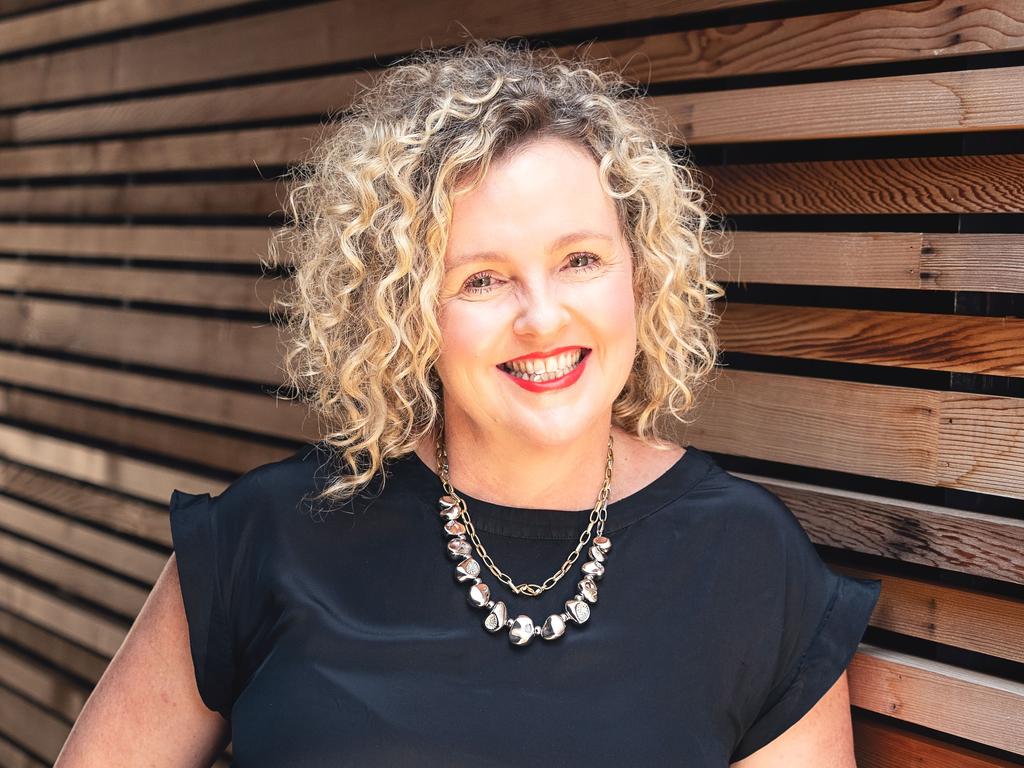
“We take for granted that we’re surrounded by lush green fields of sugar and most of us have tended to think sugar is only great for the crystallised sugar we pop in our tea.”
Ms Porter said Mercurius’ confidence in choosing Mackay instead of other sugar-producing giants like Brazil was a testament to having the right environment in Australia.
She said this included solid research and university credentials, high levels of skills and technological “know-how” and Mackay having a port “on (its) doorstep” as well as the decade-long established Queensland University of Technology-run Biocommodities Renewable Plant.
A small demonstration factory arrived on a ship from South Korea in August and the Mercurius team have been working on the project ever since.
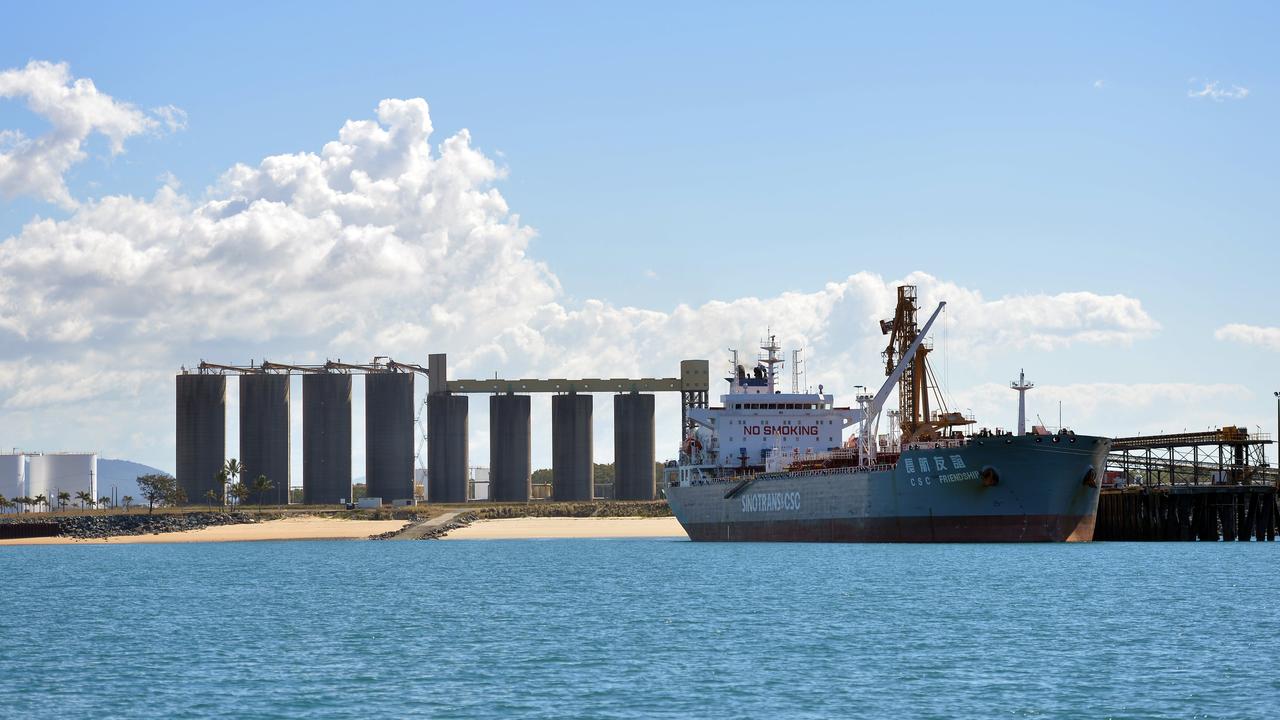
“It’s unfortunate that (biofutures) is a very big catch-it-all phrase but this region is prime-positioned to take advantage of all of the biofuture opportunities that exist globally,” Ms Porter said.
Mercurius CEO and technology development director Karl Seck said he was excited to start in Queensland and hoped the pilot project would unlock a larger demonstration plant.
“The potential broader economic and environmental benefits derived from our REACH technology is significant for both the region and the low carbon intensity biofuel industry,” Mr Seck said.
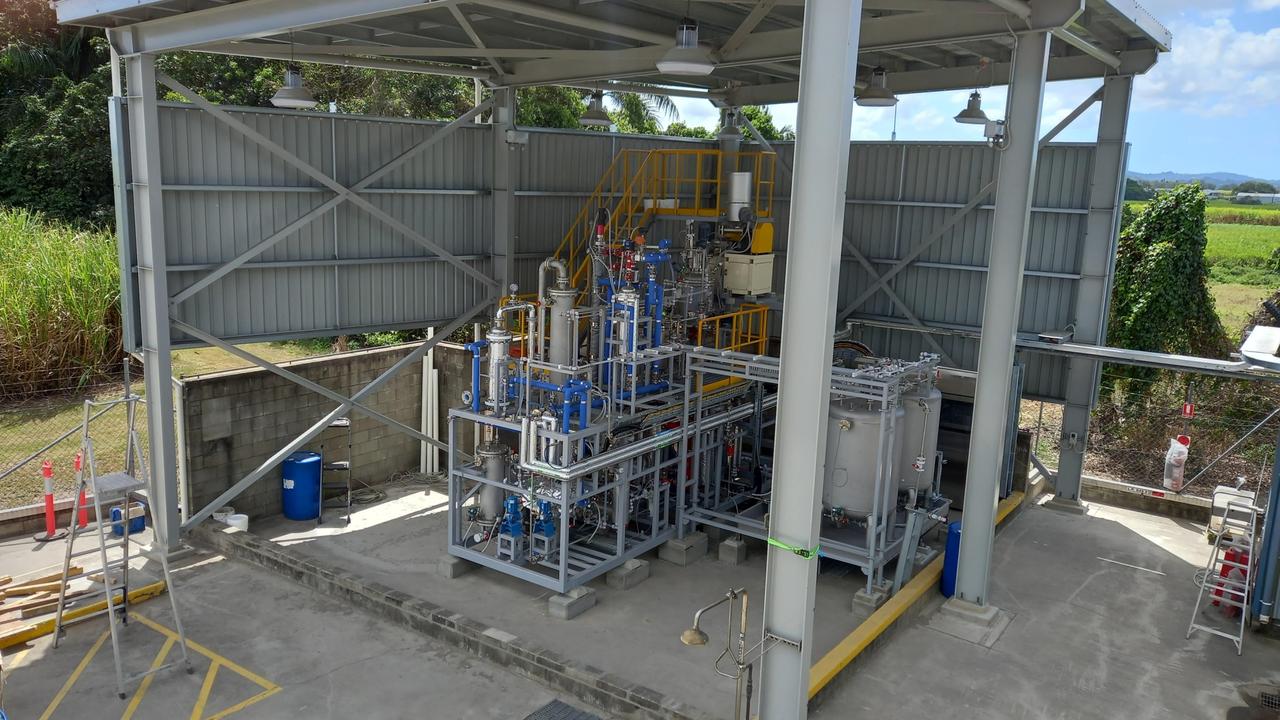
The equipment adds another green tick to QUT’s biocommodities plant with the facility also feeding sugar to microbial yeast to create alternative proteins for futuristic foods, medicines and an “almost endless list” of products.
Both align with the Queensland Biofutures 10-Year Roadmap and Action Plan.
Premier Annastacia Palaszczuk said Mercurius was attracted to the heart of sugarcane country because of Queensland’s focus on developing a biofuels industry.
“I first met with Mercurius on a trade mission to the United States in 2017,” Ms Palaszczuk said.
“This project signals the start of a new industry for the region which means local jobs and further strengthens Mackay’s credentials as a leading biorefinery location.”
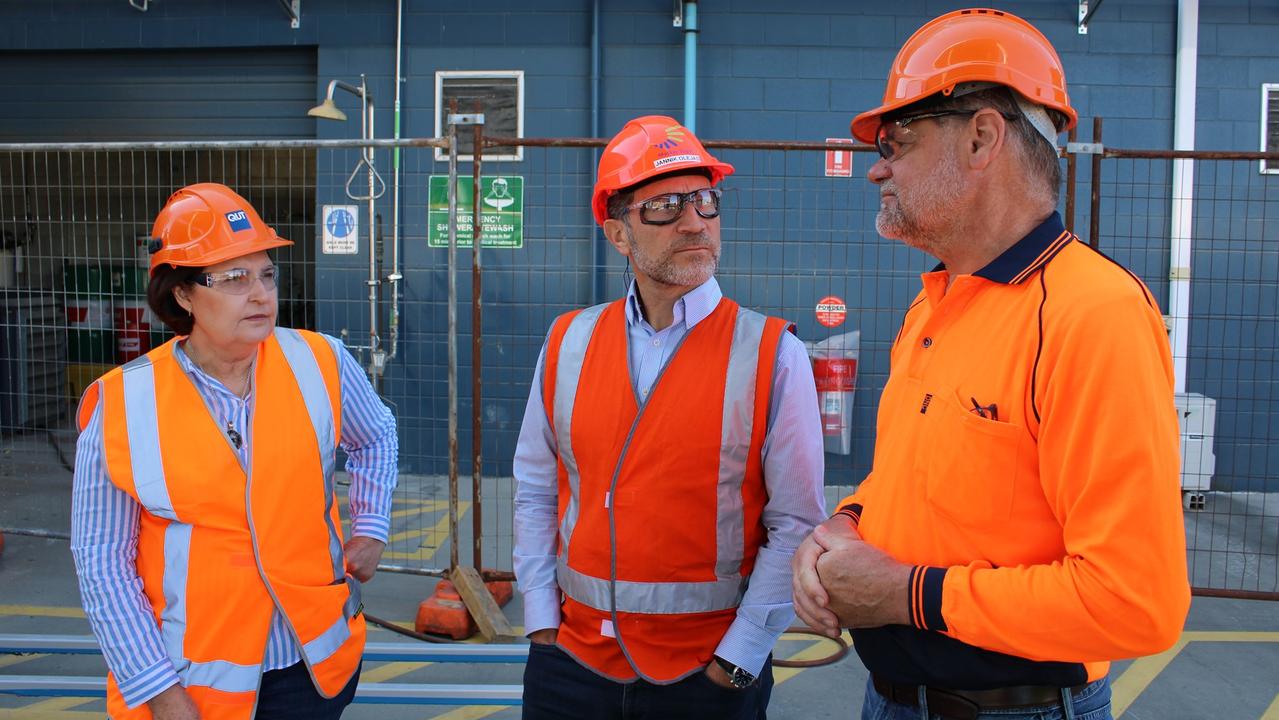
QUT Centre for Agriculture and Bioeconomy project leader Dr Darryn Rackemann said the “transformative” REACH technology could unlock new commercial opportunities for regional communities.
“To be part of the pilot process is fantastic,” the Advance Queensland research fellow said.
Originally published as How Mercurius is turning Mackay sugar into jet fuel, plastic products






